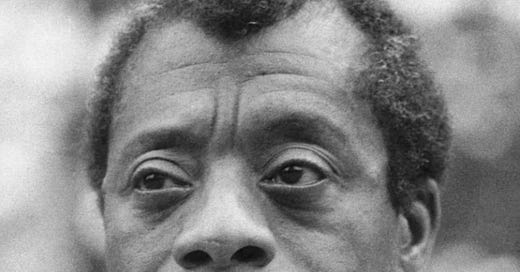The classic 1965 debate between James Baldwin and William F. Buckley on the question "Has the American Dream been achieved at the expense of the American Negro?" speaks powerfully to liberation theologians and ethicists grappling with racial injustice today. Though the civil rights movement succeeded in dismantling formal segregation, racial hatred and inequality still fester. Liberationist scholars seek not only to critique oppressive structures, but to demonstrate God's relevance amidst suffering (Freire 1970, Cone 1970).
Baldwin exemplifies the prophetic voice, piercing the conscience of those who exclude others from their concept of "Christian" society. (As one example, see “White Supremacist Ideas Have Historical Roots in U.S. Christianity,” Gjelten.) Through rhetorical finesse honed by personal experience, he surgically excavates the roots of racial hubris. His performance models strategies for engaging even those diametrically opposed to one's humanity.
Baldwin echoes the prophetic voice of Amos who stated, “But let justice roll on like a river, righteousness like a never-failing stream!“ (Amos 5:24, NIV). Thus, fighting for justice is not “political theology,” but simply, “theology.” By unmasking hypocrisy and affirming the oppressed, Baldwin calls his audience to repent and work towards belated fulfillment of the American Dream.
Modern liberationists fighting misogyny and racism follow in Baldwin's footsteps. They provide philosophical resources and moral standing for the vulnerable, echoing the biblical Jesus who elevated women and the poor. As racial hatred and nativist anxiety resurge, such scholarly activism is ever more vital. By countering dangerous ideologies and bearing witness, morally grounded debate fosters social conversion. The Baldwin-Buckley encounter remains relevant as both inspiration and playbook for the struggle ahead.
Claude Anderson-Ingalls, the Misogynoir to Mishpat (M2M) Research Network © 2024
Resources
Freire, Paulo, Pedagogy of the Oppressed, 2005
Gjelten, Tom. “White Supremacist Ideas Have Historical Roots in U.S. Christianity,” 2020




